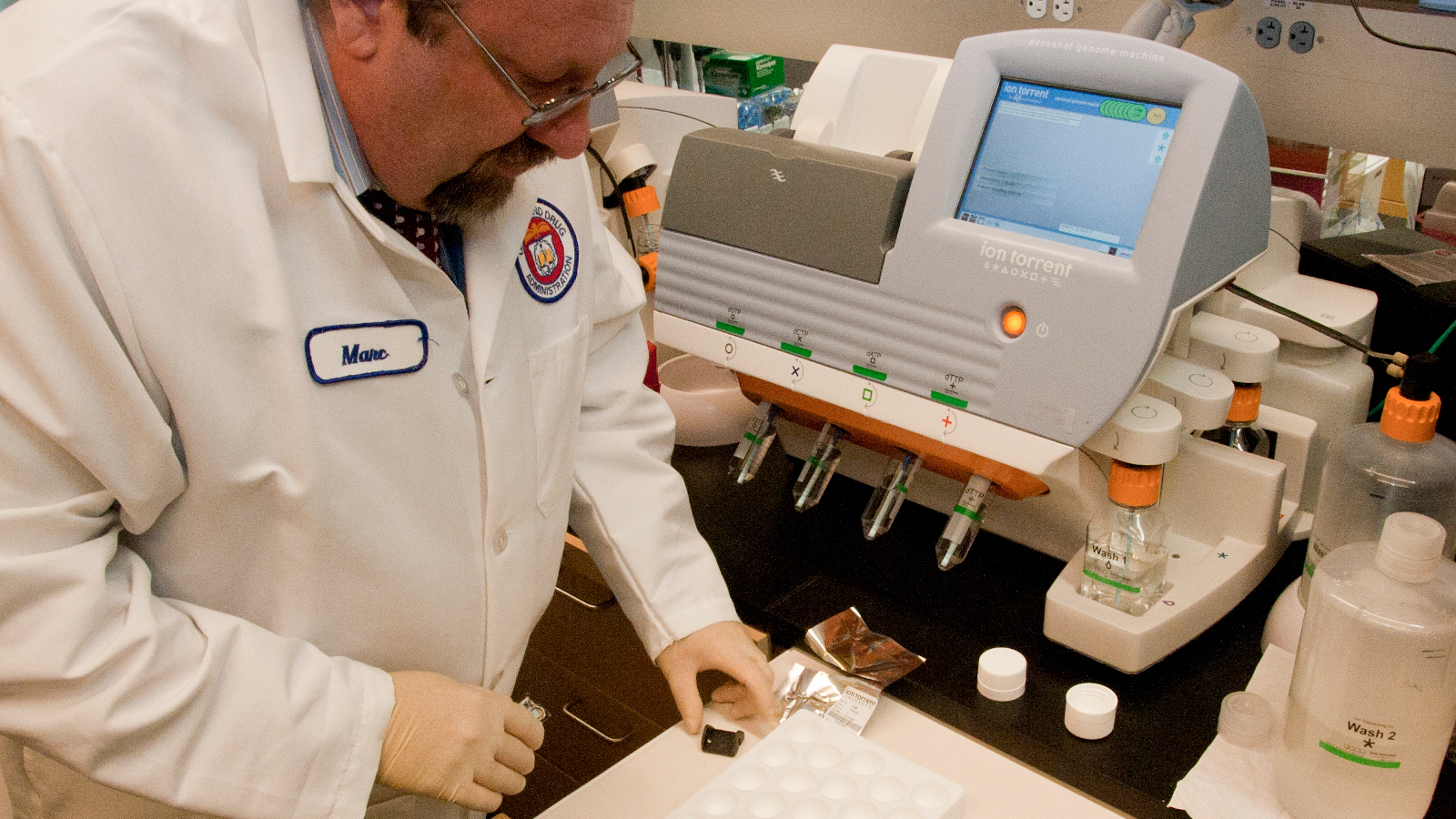The U.S. Food and Drug Administration (FDA) recently released a warning for pregnant mothers regarding a family of medications that includes ibuprofen, naproxen, diclofenac, celecoxib and other nonsteroidal anti-inflammatory drugs (NSAIDs).
The FDA’s Drug Safety Communication requires manufacturers of the drugs to change how they label them, according to an FDA news release. The labeling must advise that pregnant women taking an NSAID who are approximately 20 weeks or further into the pregnancy are at risk for complications for both themselves and their unborn child.
NSAIDs can cause rare-but-serious kidney problems in the unborn baby, according to the release. That can lead to low amniotic fluid levels, which can then cause complications in the pregnancy itself.
“It is important that women understand the benefits and risks of the medications they may take over the course of their pregnancy,” Patrizia Cavazzoni, acting director of FDA’s Center for Drug Evaluation and Research, said in the release. “To this end, the agency is using its regulatory authority to inform women and their health care providers about the risks if NSAIDs are used after around 20 weeks of pregnancy and beyond.”
NSAIDs have been in use for decades and are sold over the counter as well as being prescribed at times by medical providers, according to the release. Even aspirin is an NSAID, though the FDA noted that low-dose aspirin – at the 81mg level – is not considered to a risk to pregnant women or their unborn babies.
“Low-dose aspirin may be an important treatment for some women during pregnancy and should be taken under the direction of a health care professional,” the release states.
The release also states that warnings against taking NSAIDs after 30 weeks of pregnancy are already included in prescribing information, due to potential links between use after that time and heart problems in the unborn baby.











 Alerts Sign-up
Alerts Sign-up